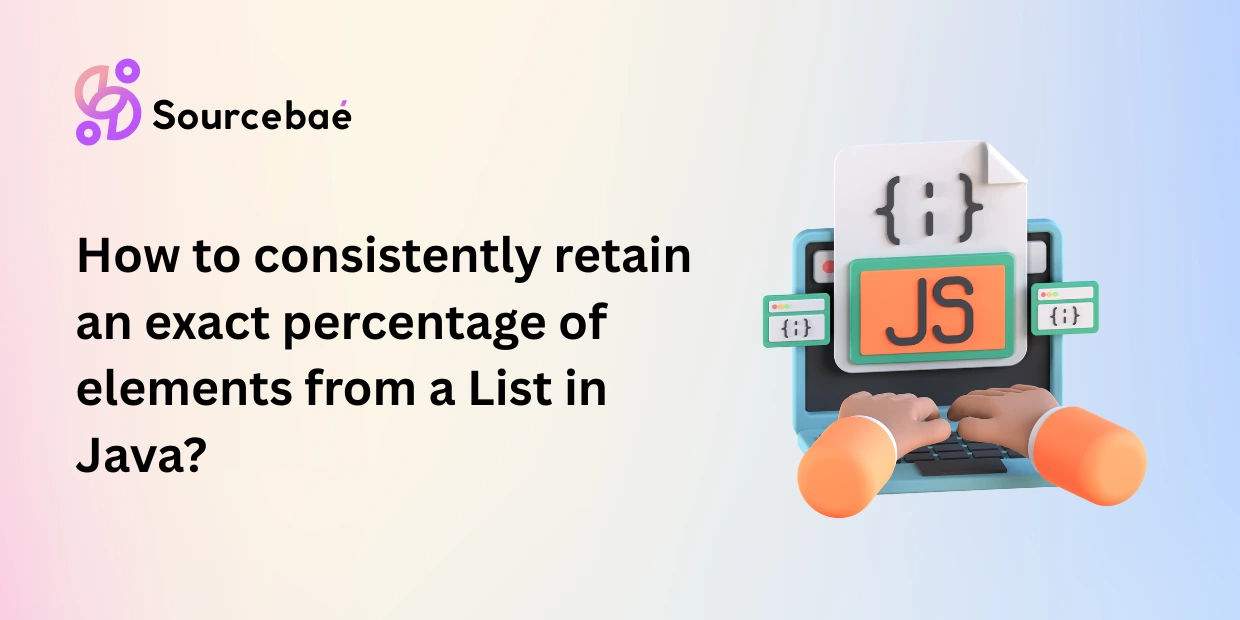Java is a widely used programming language that has numerous applications across various industries. It is known for its versatility and ability to be used in different contexts.
In this article, we will explore the different uses of Java and how it has contributed to the development of web series, movies, technology, gadgets, anime, entertainment, and more.
Java is a general-purpose programming language that was initially released in 1995 by Sun Microsystems. It quickly gained popularity due to its platform independence, meaning that Java programs can run on any system that has a Java Virtual Machine (JVM) installed.
This feature made Java a preferred choice for developing applications that can be used across different operating systems.
History of Java
Java was created by James Gosling and his team at Sun Microsystems. The goal was to develop a programming language for consumer electronic devices, but it soon found its way into the web development world. Java’s syntax is similar to that of C++, making it easier for developers familiar with C++ to transition to Java.
Java for Web Development
Java has become a popular choice for web development due to its scalability, security features, and wide range of frameworks and libraries. It is used to build dynamic and interactive websites, web applications, and even web services. Popular frameworks like Spring and JavaServer Faces (JSF) are built on top of Java, simplifying the development process for web applications.
Java for Mobile Development
With the rise of smartphones, Java found its place in the mobile development industry. Android, one of the most widely used mobile operating systems, is built using Java as the primary programming language. Developers use Java to create mobile applications that can run seamlessly on Android devices, providing a rich user experience.
Java for Desktop Applications
Java is also used for developing desktop applications across different operating systems. Its platform independence allows developers to create applications that can be run on Windows, macOS, and Linux systems. Applications like Oracle’s NetBeans IDE and the Minecraft game are developed using Java, showcasing its versatility.
Java for Big Data
In the age of big data, Java plays a crucial role. Java-based frameworks like Apache Hadoop and Apache Spark are widely used for processing and analyzing large datasets. These frameworks provide tools and libraries to handle complex operations on big data effectively, making Java a preferred language for big data processing.
Java for Internet of Things
The Internet of Things (IoT) is a growing field where Java finds its applications. Java can be used to develop IoT applications that connect and communicate with devices such as sensors, actuators, and embedded systems. Its reliability, security features, and platform independence make it a suitable choice for IoT development.
Java for Artificial Intelligence
Java’s flexibility and extensive libraries make it a capable language for artificial intelligence (AI) development. There are several Java libraries available for machine learning, natural language processing, and computer vision tasks. Java’s object-oriented nature and large developer community contribute to its effectiveness in AI applications.
Java for Game Development
Java is also used for game development, both for desktop and mobile platforms. Game development libraries like LibGDX and jMonkeyEngine provide developers with the necessary tools to create 2D and 3D games using Java. Its performance and cross-platform capabilities make it a viable choice for developing games.
Java for Financial Applications
The finance industry relies heavily on Java for developing high-performance and secure applications. Java is used for building trading systems, risk management applications, and financial analysis tools. Its stability, scalability, and extensive mathematical libraries make it an excellent choice for financial applications.
Java for Scientific Computing
Java is increasingly being used in scientific computing due to its ability to handle complex mathematical computations and visualizations. Libraries like Apache Commons Math and JFreeChart provide developers with powerful tools for scientific calculations and data visualization. Java’s versatility and cross-platform compatibility further contribute to its adoption in this field.
Java for Enterprise Applications
Java has long been a preferred language for developing enterprise-level applications. Its advanced features like multithreading, networking capabilities, and support for distributed computing make it ideal for building scalable and robust enterprise software. Java Enterprise Edition (Java EE) frameworks like JavaServer Pages (JSP) and Enterprise JavaBeans (EJB) simplify the development of enterprise applications
Java for Android Development
As mentioned earlier, Java is the primary programming language for Android development. Android Studio, the official integrated development environment (IDE) for Android, uses Java to develop applications for the Android platform. Java’s vast ecosystem of libraries and frameworks facilitates the development of feature-rich Android applications.
Java is a versatile programming language that finds applications in various industries.
Its platform independence, scalability, and extensive ecosystem make it suitable for web development, mobile development, desktop applications, big data processing, IoT, AI, game development, finance, scientific computing, and enterprise applications.
Java’s flexibility and stability contribute to its continued popularity among developers.

FAQs
FAQ 1: Is Java difficult to learn?
Java has a learning curve, but it is not considered overly difficult. Its syntax is similar to other popular programming languages, making it easier for developers to transition. With the availability of learning resources and a vast community, learning Java can be a rewarding experience.
FAQ 2: Can I use Java for website development?
Yes, Java is widely used for website development. It provides frameworks like Spring and JavaServer Faces (JSF), which simplify the development process and enable the creation of dynamic and interactive websites.
FAQ 3: Is Java used for mobile app development other than Android?
While Java is primarily used for Android app development, it can also be used for cross-platform mobile app development using frameworks like Codename One and Xamarin.
FAQ 4: Is Java used in the finance industry?
Yes, Java is extensively used in the finance industry for building trading systems, risk management applications, and financial analysis tools. Its stability and extensive mathematical libraries make it a preferred choice.
FAQ 5: Can Java be used for scientific simulations and data analysis?
Yes, Java is increasingly used for scientific simulations and data analysis. Libraries like Apache Commons Math and JFreeChart provide powerful tools for handling complex mathematical computations and visualizations.
Conclusion
Java is a multipurpose programming language with a wide range of applications. Its platform independence, versatility, and extensive ecosystem make it a popular choice for web development, mobile app development, big data processing, IoT, AI, game development, finance, scientific computing, and enterprise applications. Learning Java opens up opportunities to work on diverse projects in various industries.






